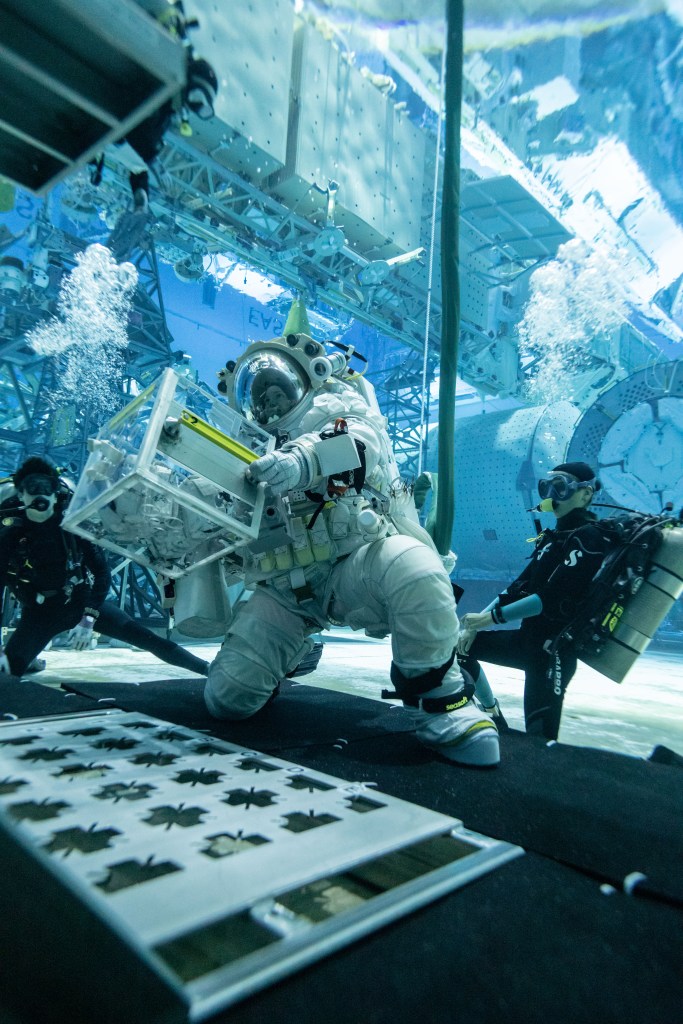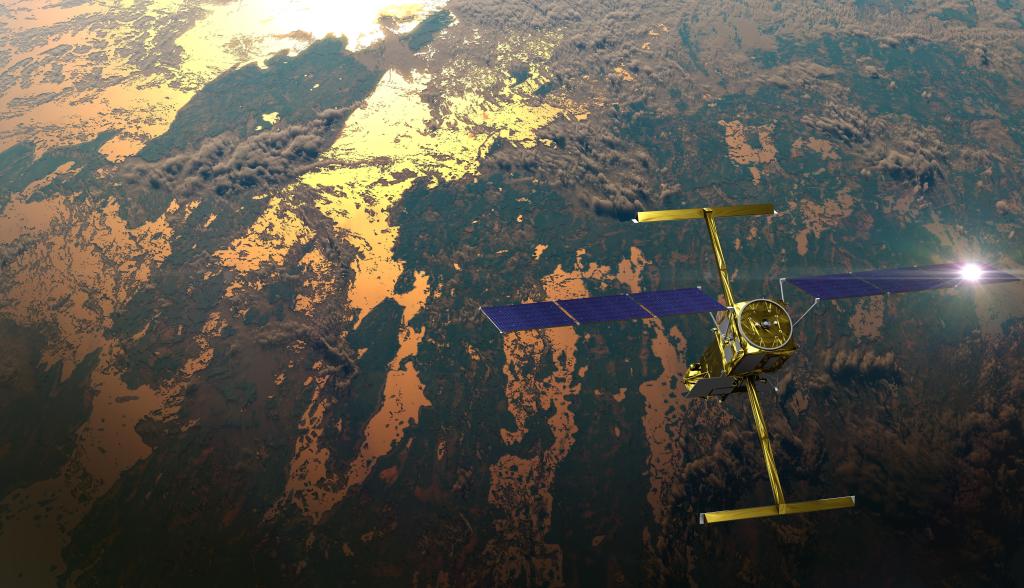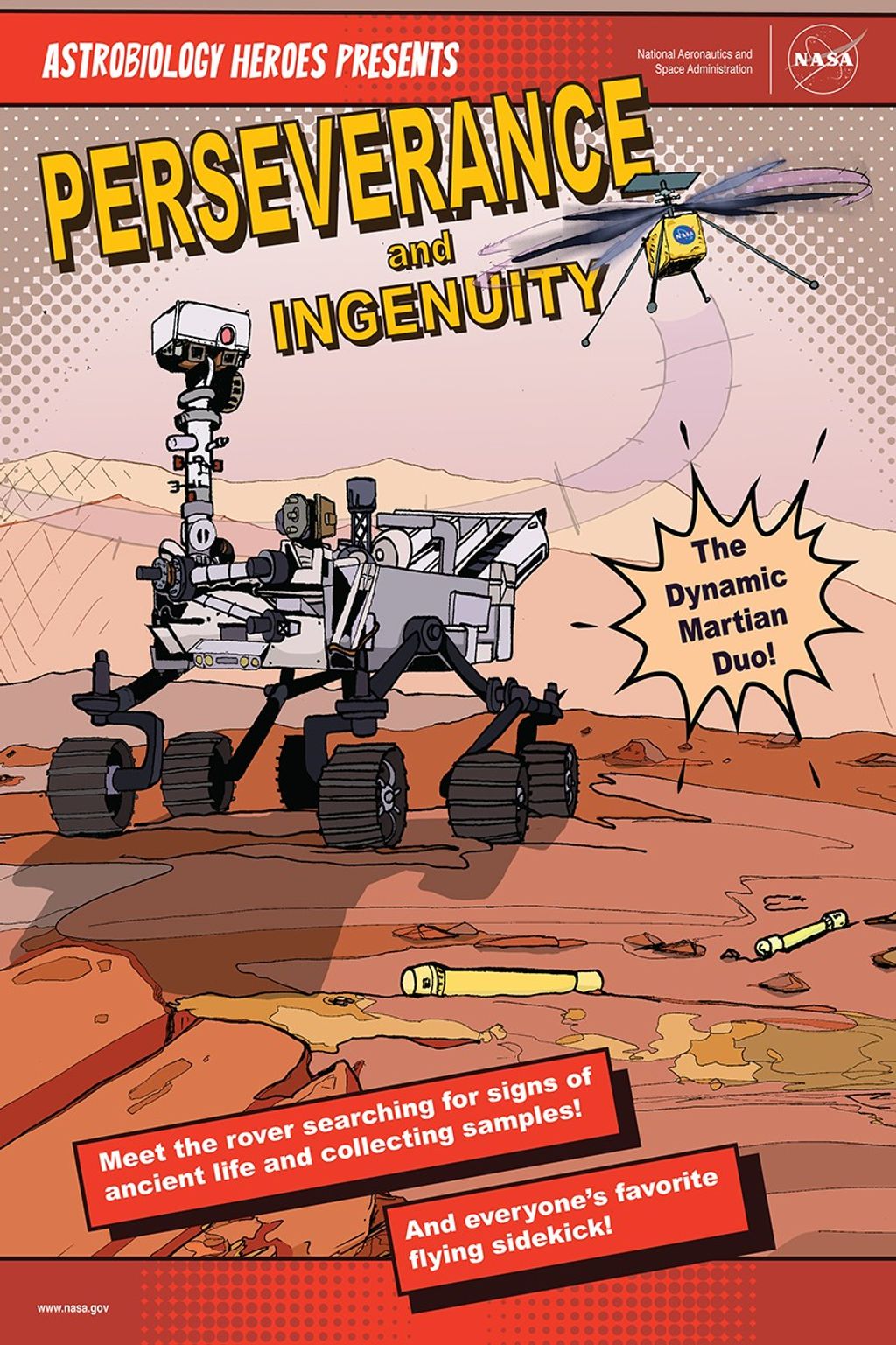HAMPTON, Virginia – If humans are to safely travel beyond low-Earth orbit, reimagining how interplanetary missions are designed and carried out is vital to moving forward. That topic will be discussed Tuesday, Aug. 7, at NASA’s Langley Research Center and again at the Virginia Air and Space Center, both in Hampton, Virginia.
Dr. Jim Logan, co-founder of the Space Enterprise Institute in Austin, Texas, will give a lecture, ”Interplanetary Spaceflight Implications of 57 Years of Human Space Exploration,” at 2 p.m. in Langley’s Pearl Young Theater as part of the center’s Colloquium Series lecture. He will also give the talk at 7:30 p.m. at the Virginia Air and Space Center as part of the Sigma Series of lectures.
The Sigma Series talk is free and open to the public, while the lecture at Langley is for center employees and the news media. Media wishing to attend the Langley lecture should contact Eric Gillard at 757-864-7423 or eric.s.gillard@nasa.gov by noon EST Monday, Aug. 6, for credentials and entry to Langley.
During the talk, Logan will discuss how a broad understanding of human response to the space environment has been built by more than 510 astronauts in 275 missions yielding more than 110 years of cumulative exposure in space since 1961. However, more than 99 percent of that experience has been in low-Earth orbit largely in missions less than six months long. Biomedical constraints are a chief challenge of the coming era of long-duration, interplanetary human spaceflight. Unless attention is given to these challenges, according to Logan, the vision of humankind as an interplanetary species will remain elusive as success will require a multidisciplinary systems approach to mitigate anticipated biomedical limitations.
Logan, an expert in space medicine and biomedical issues for long-duration spaceflight, served as mission control surgeon, deputy crew surgeon or crew surgeon for 25 shuttle missions and project manager for the Space Station Medical Facility, developing the initial design for a telemedicine-based inflight medical delivery system for extended missions. At NASA’s Johnson Space Center in Houston, he served as chief of medical informatics and health care systems, chief of the Dive Medicine Board, and medical director of NASA’s Neutral Buoyancy Laboratory as well as senior aerospace medical officer in the clinical services branch of the Space Medicine Division. He left NASA in 2012.
NASA Langley’s Colloquium and Sigma Series Lectures provide monthly talks and demonstrations related to science and technology. The lectures are intended to stimulate the creative processes of Langley employees and enhance the quality of life at Langley by providing more opportunities for learning. For more information about NASA Langley’s Colloquium and Sigma Series Lectures, visit:
http://colloqsigma.larc.nasa.gov
Eric Gillard
NASA Langley Research Center
Hampton, Virginia
757-864-7423
eric.s.gillard@nasa.gov





















